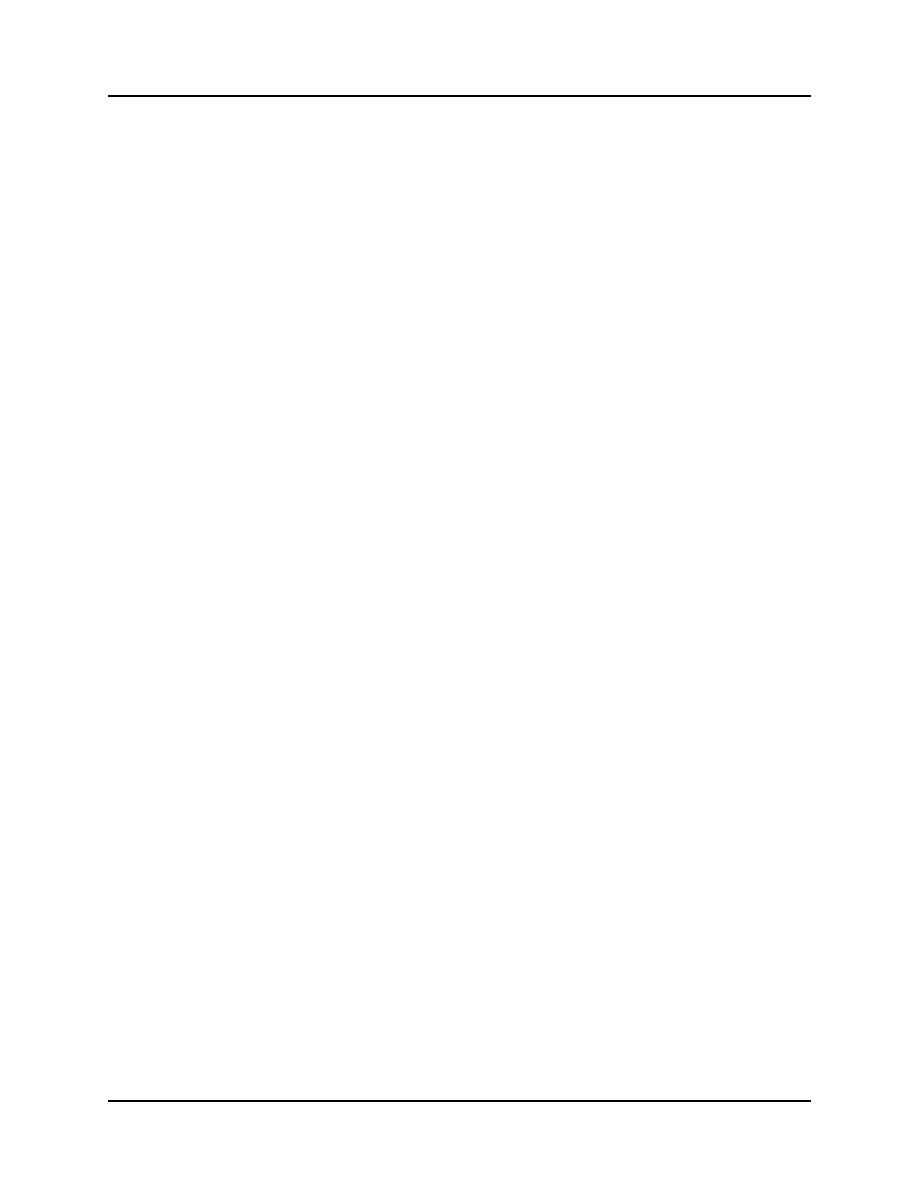
Ernest Graves
A:
Later. When I went there on March 1, 1978, things were still on an up trend. In fact,
the program was still going strong. The backlog of undelivered orders was about
billion, and it was still growing, although it peaked out because the sales of the Navy
ships, the sales of the F16 aircraft, the sales of the AWACS [Airborne Warning and
Control System], all had been concluded.
At the time I arrived, of course, the Carter administration, with its policy that these
arms transfers would be only an exceptional tool, was trying to throttle back.
I know one of the things that the Shah asked for was F4 Wild Weasel aircraft. The F4
aircraft was equipped with a lot of electronic gear that could be used to spoof enemy
air defenses. There was a big argument about whether or not to sell these aircraft to
Iran.
In the end, they persuaded Iran to withdraw the request. I made a trip to Iran in April
of '78, and things were in pretty good shape then. I went again with Deputy Secretary
Duncan, in the fall. We were in Iran in October, and they were starting to have real
troubles. They were having riots.
Q:
Did you see them yourself, by the way?
A:
We were in Isfahan and got sort of trapped in the hotel, not in a serious way. But there
was a disturbance. We were supposed to go out to the base and have dinner at the
helicopter school. We had to delay our departure from the hotel because they didn't
want to risk getting our little convoy of cars tied up in this demonstration. Things were
definitely getting tense then, although, of course, the Shah was still in his office. He had
not yet abdicated.
As things got worse and as the Shah withdrew and the Bakhtiar government took
control, things began deteriorating. Right after the first of the year, we couldn't get any
money from them. The reason we couldn't was that the employees in the Iranian
Central Bank had refused to write the checks. Even though the Bakhtiar government
said, "Pay," they refused to write the checks.
We were spending money on the Iranian program at about the rate of 0 million a
month at that time. And we had a balance on the 10th of January of 0 million.
Normally, the payments were made quarterly. Basically, what they had done was to
default on the quarterly payment that would have covered the next three months.
On the quarterly cycle we didn't stand to get any more money until the end of March.
It really wasn't clear when. Our money was going to be exhausted in less than three
months. That was a pretty tough situation. The U.S. government would have been in
207



 Previous Page
Previous Page
